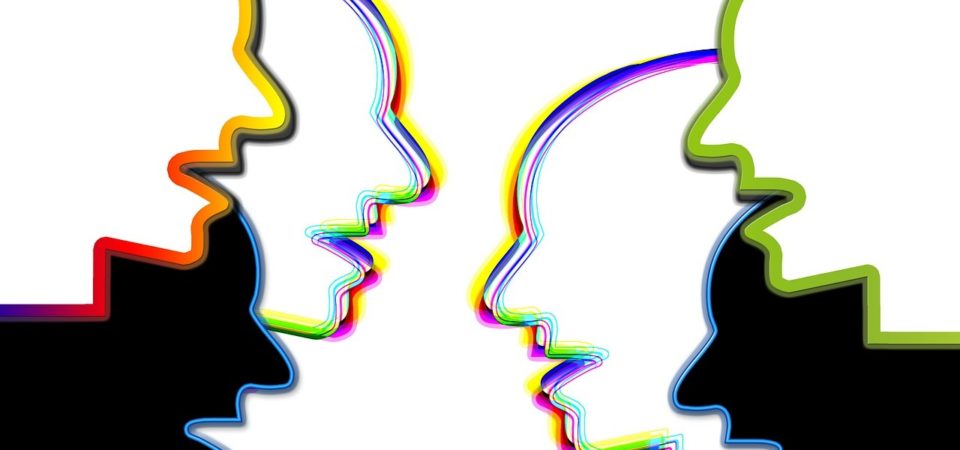We humans know more truths than any species on earth. Yet we also believe the most falsehoods.
Many people believe that truth conveys power. If some leaders, religions or ideologies misrepresent reality, they will eventually lose to more clearsighted rivals. Hence sticking with the truth is the best strategy for gaining power. Unfortunately, this is just a comforting myth. In fact, truth and power have a far more complicated relationship, because in human society, power means two very different things.
On the one hand, power means having the ability to manipulate objective realities: to hunt animals, to construct bridges, to cure diseases, to build atom bombs. This kind of power is closely tied to truth. If you believe a false physical theory, you won’t be able to build an atom bomb.
On the other hand, power also means having the ability to manipulate human beliefs, thereby getting lots of people to cooperate effectively. Building atom bombs requires not just a good understanding of physics, but also the coordinated labor of millions of humans. Planet Earth was conquered by Homo sapiens rather than by chimpanzees or elephants, because we are the only mammals that can cooperate in very large numbers. And large-scale cooperation depends on believing common stories. But these stories need not be true. You can unite millions of people by making them believe in completely fictional stories about God, about race or about economics.
Read the complete article here.
The views and opinions expressed through the MAHB Website are those of the contributing authors and do not necessarily reflect an official position of the MAHB. The MAHB aims to share a range of perspectives and welcomes the discussions that they prompt.
